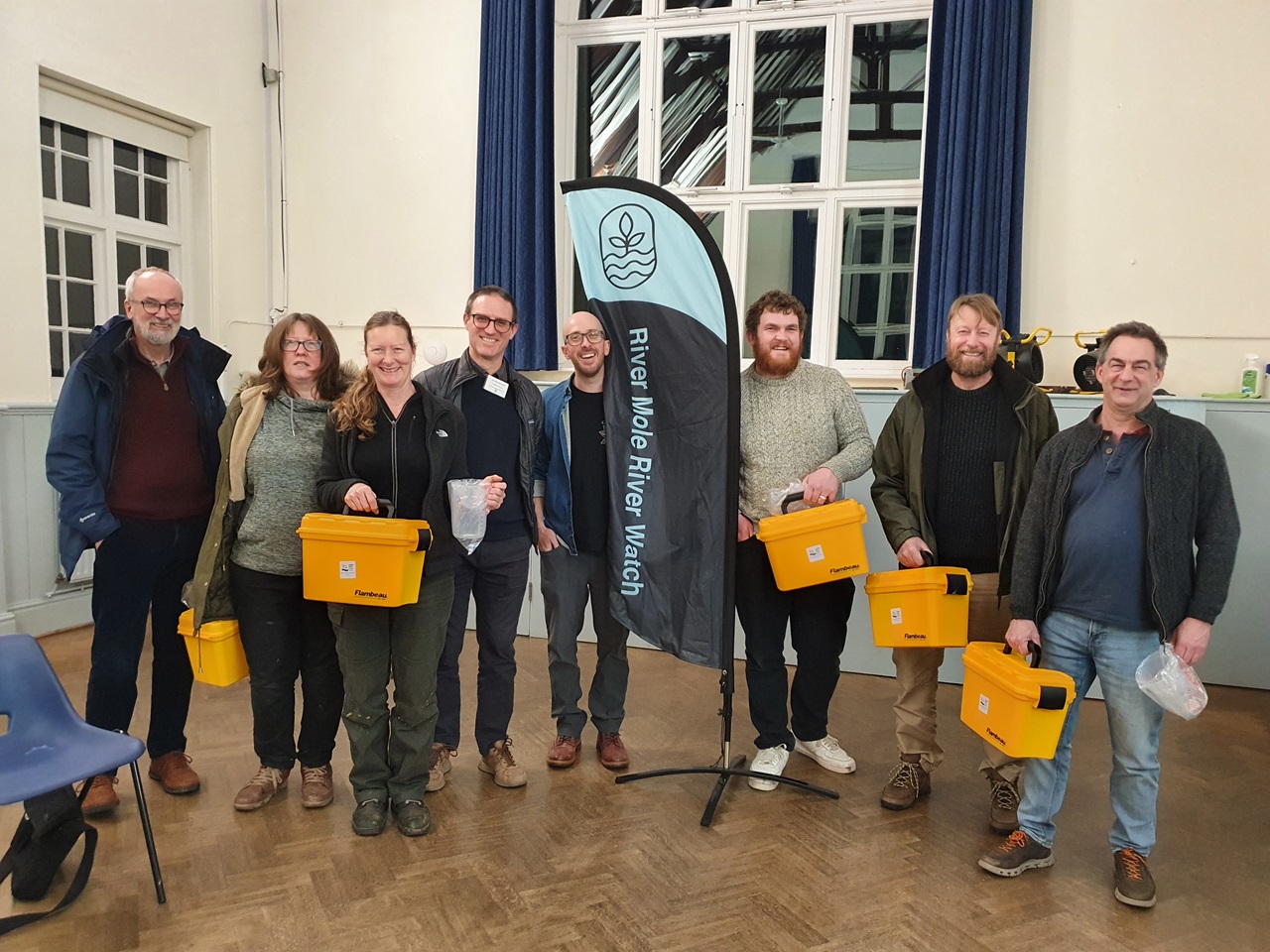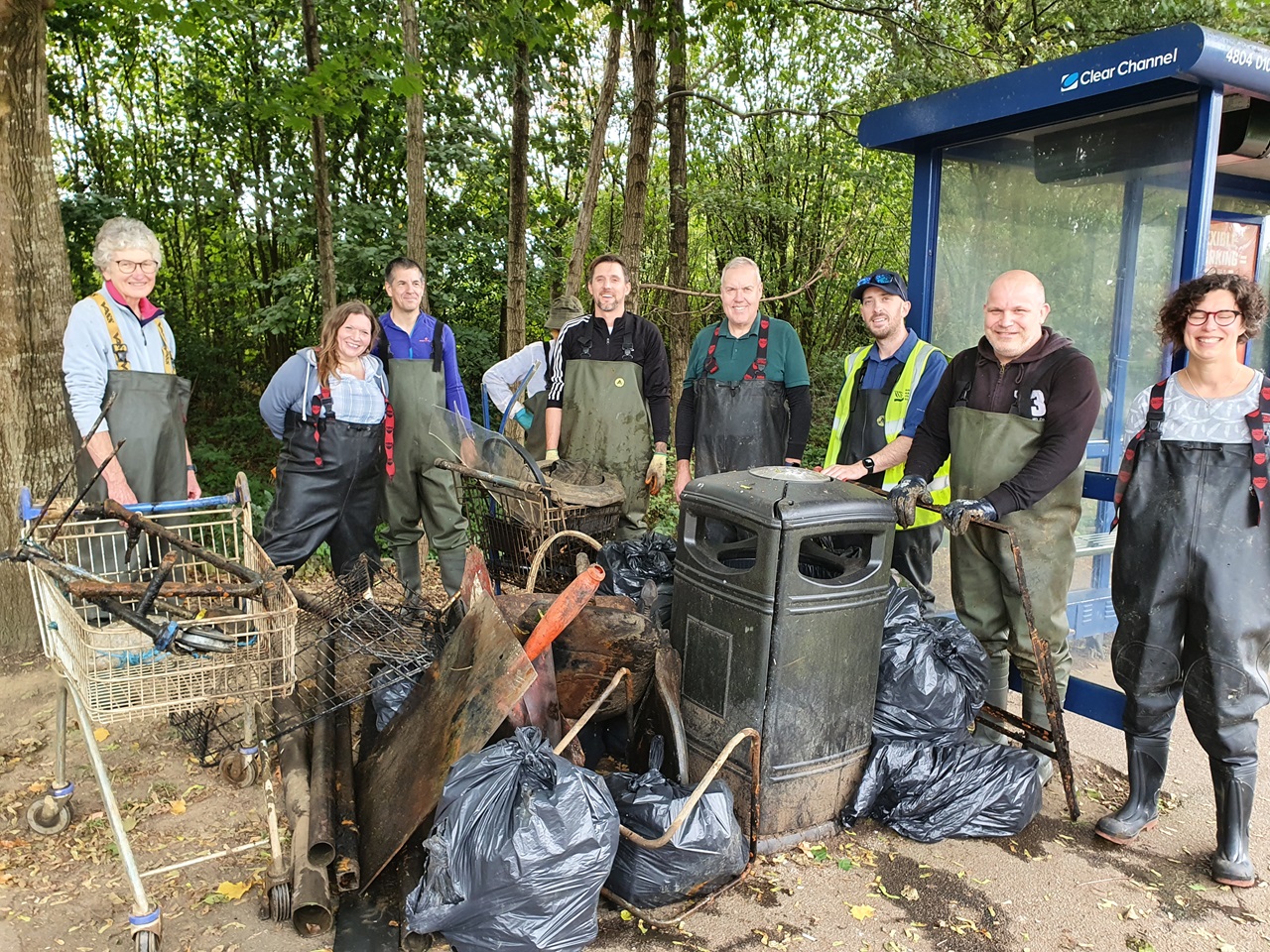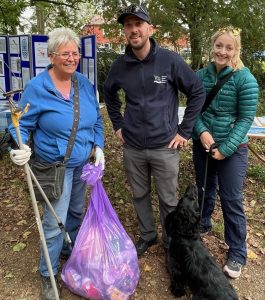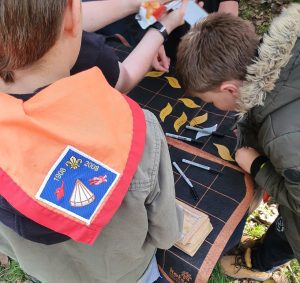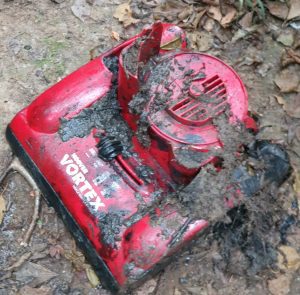Volunteers are now collecting vital data about the health of the River Mole, after being given water quality testing kits as part of our Mending the Upper Mole project.
We are thrilled to have teamed up with River Mole River Watch, a local charity group which shares our aim to bring the river back to life for wildlife and people to enjoy.
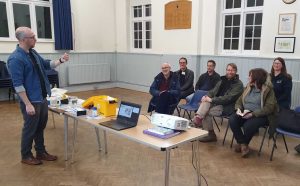
Having picked up their kits this week, the citizen scientists will now be carrying out monthly tests for the next two years, to give us a baseline of pollutants. The volunteers will be measuring 10 aspects of river health, including levels of phosphate, ammonia, nitrate, conductivity, pH for acidity and temperature. All of this data is crucial to help us understand how to improve the river.
Lewis Campbell, SERT’s Catchment Manager in charge of the Mending the Upper Mole project, said: “It is fantastic to have a group of volunteers who want to get into the nitty gritty of looking after their local river by carrying out water quality tests to assess pollution levels. We know River Mole River Watch play an active part in caring for their stretch of river and it is brilliant to team up with them as they do so.
“The volunteers will be helping the Mending the Upper Mole project to assess the health of this section of river in a way that has not been done before. The results will allow us to highlight hotspots of pollution, helping the catchment partnership to implement strategies to combat pollution and help the catchment thrive. We have already added gravels to the river at Maidenbower to help fish and we are working on a number of other projects to improve the waterway for wildlife.”
Simon Collins, one of the Trustees of River Mole River Watch, said: “Our fantastic River Mole River Watch volunteers have been collecting water quality test data across the whole catchment every month for a year. Partnering with SERT has been very helpful indeed and we are excited by the Mending the Upper Mole project as it focusses on water quality and pollution in the Upper Mole which is a particularly sensitive part of the river catchment area. More data will help to identify hot spots and areas we can work with SERT to improve.”
The River Mole catchment partnership is co-hosted between SERT and Surrey Wildlife Trust and the vision is set out on the river network’s Storymap website. The Water Framework Directive status for the water quality in the area being assessed is rated “poor”. The area being measured starts close to the source of the Stanford Brook and encompasses much of the Gatwick Stream.
So what are we measuring and why?
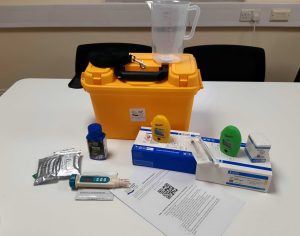
Self-contained testing kits will allow volunteers to monitor levels of chemicals such as phosphates and nitrates. High levels of both nutrients lead to algae growing in the water, depleting oxygen levels and obstructing light making the river unsuitable habitat for other wildlife. High phosphate readings would indicate pollution has likely occurred from untreated sewage – or domestic, misconnected plumbing that bypasses sewage treatment works and goes straight into rivers form surface water drains, known as outfalls.
Another chemical tested for will be ammonia, high levels of which would suggest pollution is coming from either sewage or agriculture. Conductivity measurements will also be taken to identify the presence of salts and heavy metals, indicators of road run-off washed into the river. A temperature reading will also be taken and higher readings are likely to be an indication of spillages from outfalls.
